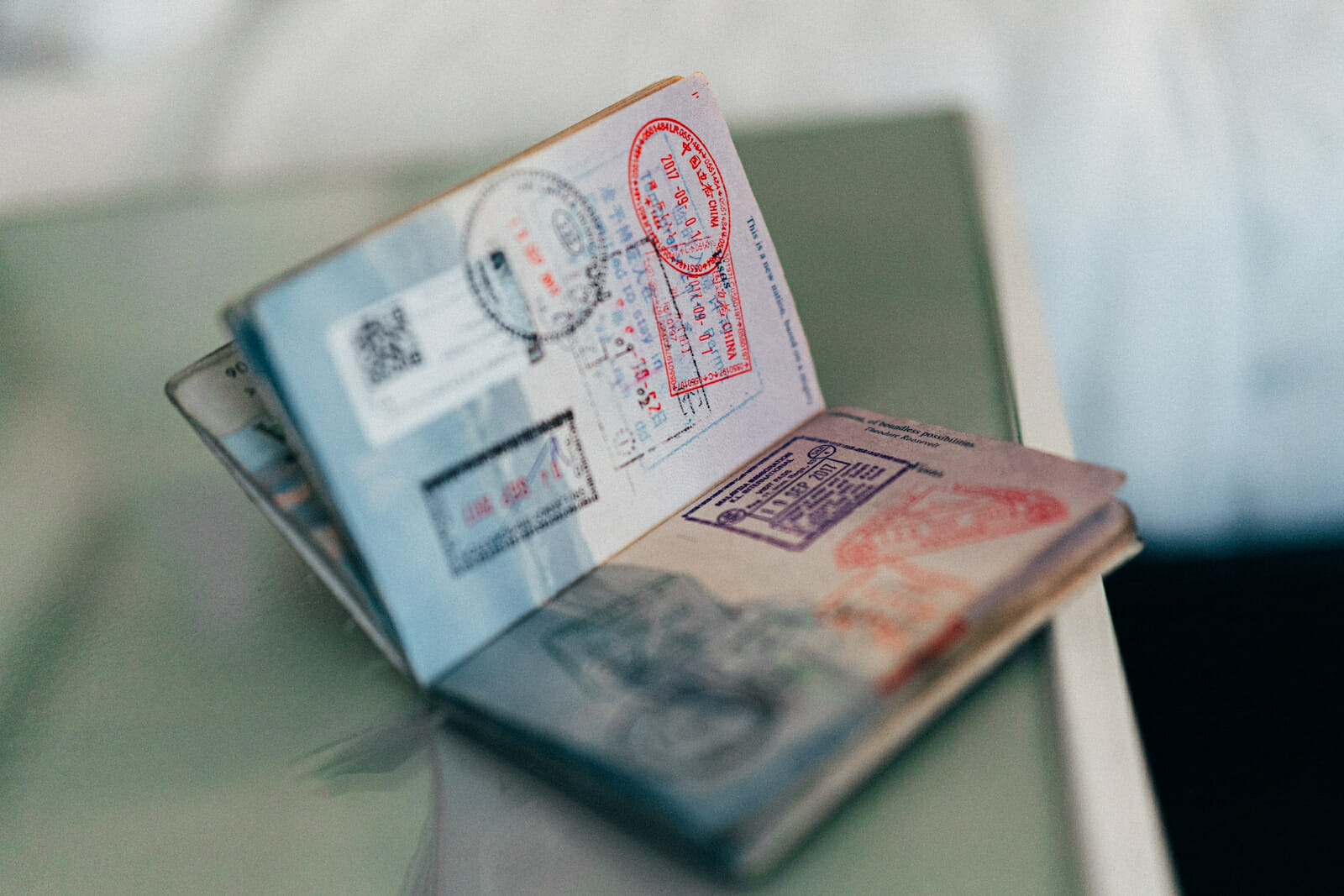
MEPs Slam Cyprus After Golden Passports Report
Members of the European Parliament have reacted to a recently published independent commission report on the sale of so-called “golden passports” by Cyprus. The commission was led by Myron Nicolatos, the former chief justice of Cyprus, and concluded that around half of the nearly 7,000 passports issued under the scheme were issued illegally.
According to sources, the commission reviewed a sample of 6,647 passports issued under the scheme and found that in 860 cases, illegalities were so serious that these passports should be canceled, and Cypriot citizenship revoked.
Under the passport scheme, Cyprus sold citizenship – and thus the right to live and work anywhere in the European Union – to wealthy investors in Cypriot property schemes and other government funds. The scheme was popular amongst Russian and Chinese oligarchs. The scheme was closed in October 2020, when the EU threatened to sue Cyprus over the way it operated. Cyprus continued issuing passports even though the government was warned in 2015 and 2016 by its chief legal adviser that the practice was possibly illegal.
Via email, Czech MEP, Mikuláš Peksa (Group of the Greens/European Free Alliance), stated: “The European Union must ensure that nothing like this happens in Cyprus or anywhere else in Europe.” He said that the passport scheme went “against all the moral principles of the EU.”
Peksa also called for illegally-issued passports to be canceled and those affected Cypriot passports to be canceled: “I’m glad for any exposure of illegal business. Nowhere in the world should it be possible to buy citizenship.”
“In order to gain citizenship, one must be able to use a legal asylum process in which unbiased authorities make the decision.”
Peksa has spoken out about passport schemes being offered by EU member states such as Cyprus and Malta. However, he recognizes that some holders of such passports faced persecution in their home countries. Such people, Peksa said, should be protected. “There is, of course, a difference if a person is fleeing a criminal past or a regime’s brutality. But that should be decided case by case by an independent authority.”
German MEP, Sven Giegold (Group of the Greens/European Free Alliance), said in an exclusive interview: “Cyprus must stop issuing these passports, regardless of when the application was made [i.e. even if before the scheme closed to new applicants]. Cyprus must end the whole process and stop believing that the scheme can be healed.”
“On the question of whether ‘illegally issued’ passports can be canceled,” Giegold continued, “the question is a tricky one. But I would say that if the applicant only received one because they made false or incomplete declarations, then there is a strong case for their cancellation. I urge the [European] Commission to take bold action.”
The news of the scale of the passport scandal in Cyprus comes before a District Court in Limassol, Cyprus, which will on Friday hear the next stage in a remarkable Russian banking fraud case concerning the collapse and rescue of the Russian bank, Promsvyazbank (known as PSB), which was controlled by brothers and oligarchs, Dmitri and Alexei Ananyev. PSB had large operations in Cyprus.
Sources have confirmed that the Cyprus passports of the Ananyev brothers, and their wives, form four of the 860 that the commission has recommended should be canceled and their citizenship revoked.
The Ananyev brothers, and their wives, are being sued for €271 million by TRUST, Russia’s state-owned “bad asset” bank. TRUST alleges the brothers were responsible for embezzlement and money laundering at PSB. The Ananyevs also face criminal charges in Russia. Meanwhile, according to the Financial Times, the brothers are also being sued in the Netherlands, by holders of the bank’s bonds, for $240 million.
According to documents submitted to Cyprus courts, Dmitri Ananyev and his wife, Lyudmila, purchased Cypriot citizenship, and thereby EU residency rights, in June 2017 – just six months before the collapse of PSB – shortly after the brothers became aware of the results of the Russian central bank’s inspection of PSB, which led to the Russian central bank placing PSB into administration.
It is believed that Dmitri and Alexei Ananyev have hired the law firm, Nicos Chr. Anastasiades & Partners, to manage their appeals process. The process over passports the commission has recommended for revocation is likely to be a long and complex one and involve several government bodies. It might take up two years or more, during which time holders of such passports will be able to continue to use their Cyprus citizenship. Anastasiades & Partners was asked for comment but did not respond in time for publication.
TRUST alleges that under the Ananyevs’ direction, PSB set up a range of firms known as “special purpose companies,” not formally owned by PSB but controlled by it through third parties. These formed a hidden network that, amongst other things, concealed PSB’s involvement in lending transactions. This network of firms was granted new loans by PSB, TRUST alleges, that were then used to pay back older, non-performing loans held by other companies in the network.
The brothers deny all wrongdoing and claim they are victims of Kremlin political scheming after Dmitri Ananyev fell out of favour with Putin’s inner circle (he is a former member of Russia’s Federation Council). At Friday’s court hearing in Limassol, the Ananyev brothers and their wives will ask the Cypriot court to cancel the worldwide freezing order over their assets. The substantive Cypriot court case on any alleged fraud is due in 2022.

